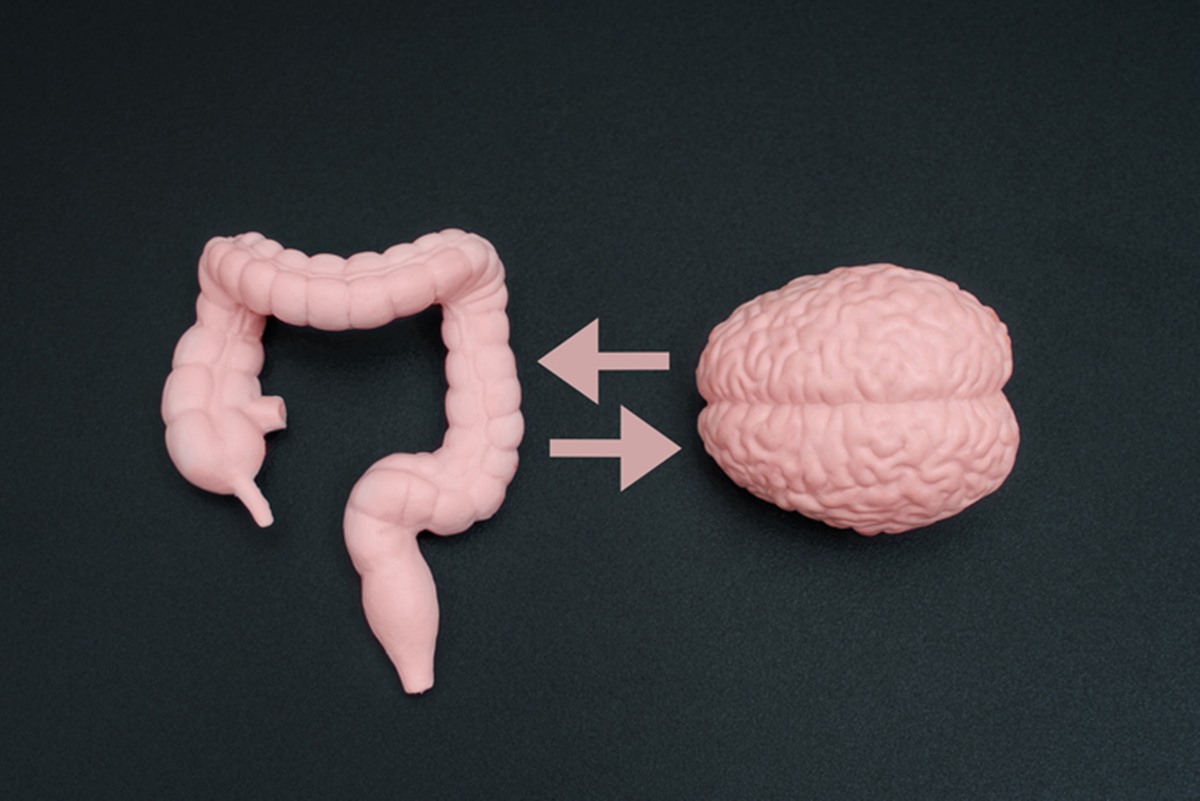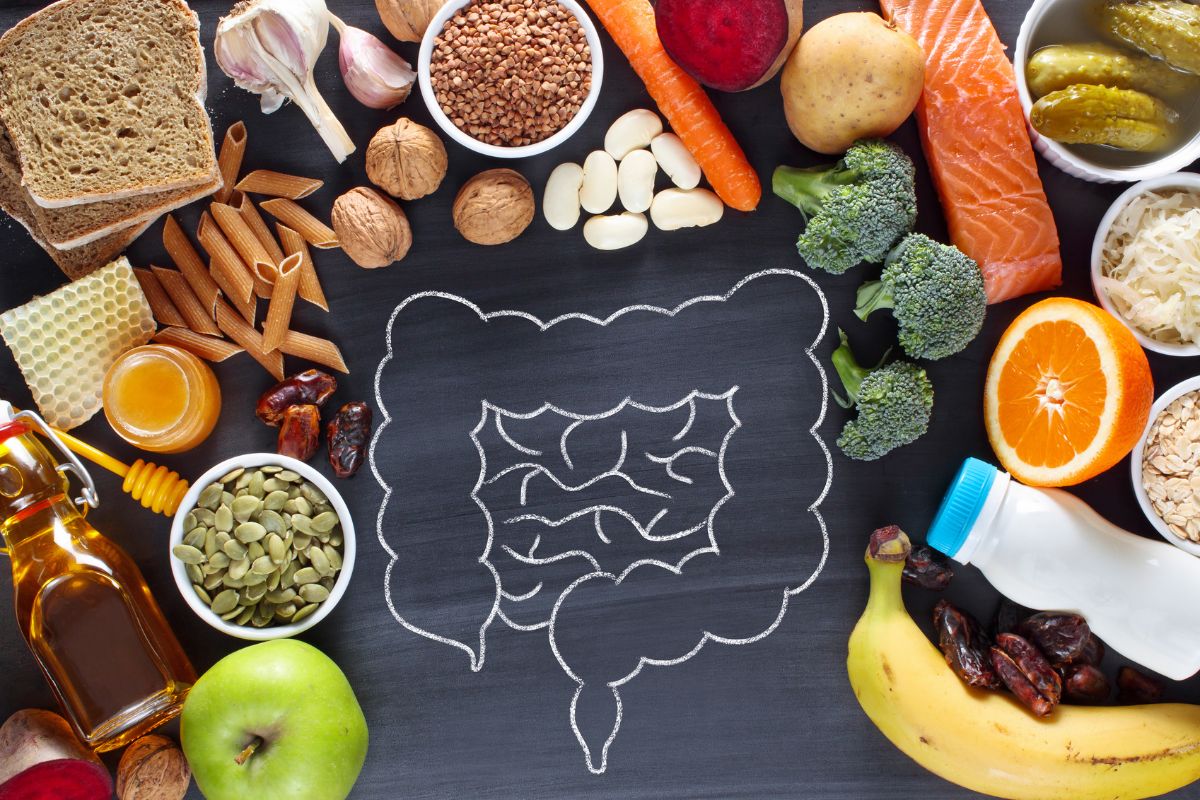Imbalances in the gut can affect brain health; understand

Have you ever heard that the gut is the "second brain"? This statement goes beyond metaphor and has scientific basis. According to vascular neurosurgeon Marcelle Rehem , a specialist in interventional neuroradiology at Hôpital Bicêtre in Paris, there is a veritable communication system between the two organs, called the gut-brain axis .
According to the specialist, this dialogue occurs through four main systems: the central nervous system, the autonomic nervous system, the enteric nervous system, and the hypothalamic-pituitary-adrenal axis. "These systems exchange signals and information through neural, hormonal, immunological, and cellular pathways, and this interaction promotes the physiological functioning of these structures and influences the functioning of the individual's body," explains the doctor.
The autonomic nervous system , for example, controls gut functions through the sympathetic and parasympathetic pathways, regulating intestinal motility, secretions, and permeability. The doctor cites as an example "fight or flight" situations, in which the sympathetic system reduces digestive activity and redirects blood to organs that are a priority for survival.
According to Marcelle, another important component of this interaction is the hypothalamic-pituitary-adrenal axis.
It triggers the release of substances like cortisol—known as the stress hormone—which, in addition to making the intestine more permeable to toxins and bacteria, also reduces the activity of defense cells in the region. "Chronic exposure to cortisol , with persistent stress, for example, leads to reduced intestinal motility, similar to what happens in Irritable Bowel Syndrome," he adds.

According to the doctor, gut health also directly impacts brain function . Marcelle explains that people diagnosed with anxiety and depression, for example, may have a higher presence of pro-inflammatory bacteria in their gut and a lower number of bacteria that produce anti-inflammatory substances, such as short-chain fatty acids.
“Microbiota disorders alter levels of serotonin, GABA, and dopamine, which are essential for regulating mood,” says the doctor.
These neurotransmitters, although associated with the brain, are also produced in the intestine.
"There are cells specific to the intestine, such as enterochromaffin cells, but also the microbiota itself, which produce neurotransmitters such as serotonin, dopamine, norepinephrine, adrenaline, and GABA. Locally, they act by influencing intestinal motility and nutrient absorption, and they also act by stimulating pathways that ascend to the brain and modulating central activity," he adds.

Appropriate dietary interventions can also directly impact mental well-being. The doctor cites an important study that demonstrated this relationship: "The SMILES randomized clinical trial was the first to demonstrate that improving diet quality can significantly reduce symptoms of major depression," she reports.
In the study cited by the expert, one group of patients with depression was instructed to maintain a diet rich in vegetables, fruits, whole grains, legumes, fish, lean meats, and unsweetened dairy products. After 12 weeks, this group showed a 32% symptom remission rate, compared to only 8% in the group that received no dietary intervention.
In addition to the quality of the diet, some nutrients stand out: "The omega-3 found in fish integrates neuronal membranes, affecting the functioning of serotonin and dopamine. Tryptophan , found in lean meats, nuts, whole grains, and chocolate with more than 70% cocoa, combined with carbohydrates from whole sources, promotes the production of serotonin ," he explains.
Fermented foods such as kefir and kimchi are considered beneficial for microbiota diversity and inflammation control.








Make smart diet substitutions to lose weight
Getty Images
Practicing physical activity is essential
Pixabay
Remember: the yo-yo effect triggers cardiovascular diseases and hormonal changes
Tim Platt/Getty Images
Therefore, always try to stay in good shape.
High Astral/Reproduction
If you want to lose weight, also increase your intake of liquids, such as water, juices and teas.
Getty Images
Avoid common mistakes that slow down weight loss
Getty Images
How to get a bad night's sleep and overtrain, which wears out your body
Pixabay
See signs that your weight loss difficulties may be hormonal. Hormonal weight loss
Getty ImagesMarcelle warns that mental health is another factor that can negatively impact the gut, especially in a fast-paced lifestyle with a diet based on ultra-processed foods . "The effects of stress and the need to reduce our diet to ultra-processed foods to try to fit practicality into an increasingly busy life stimulate mechanisms present in normal physiology to act harmfully throughout the body, especially in the brain-gut axis," she argues.
The doctor concludes with an essential recommendation for balancing this connection: "It is crucial, for better brain and intestinal health, to focus on a healthy lifestyle based on physical exercise, hydration, and a balanced diet without excesses, favoring the physiological functioning of the axis and promoting greater quality and longevity."
metropoles





